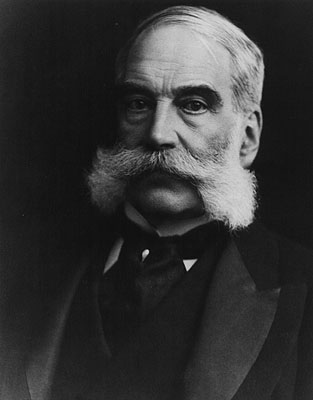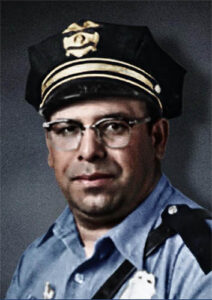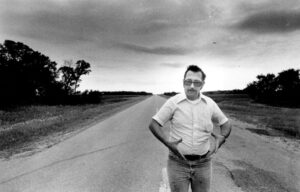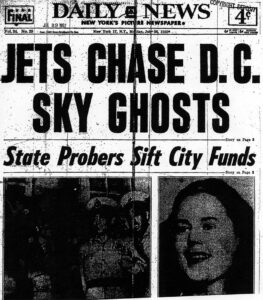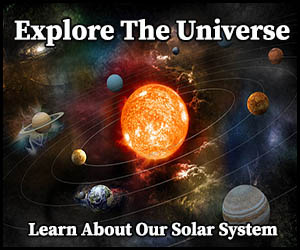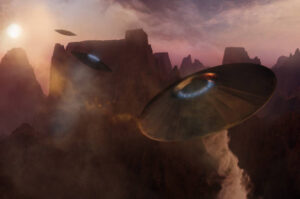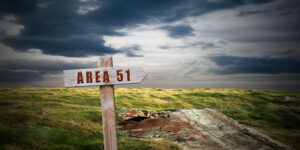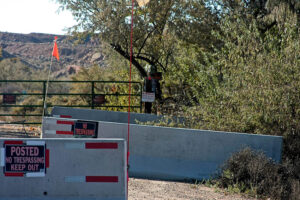Morris Ketchum Jessup (1900-1959) was an American astrophysicist, amateur archaeologist, and author best known for his work in the field of Ufology. His ideas and theories, though controversial and largely unaccepted by mainstream science, have significantly influenced popular culture and pseudoscientific studies, especially regarding unidentified flying objects (UFOs) and the Philadelphia Experiment.
Early Life and Career
Born in Rockville, Indiana, Jessup developed an early interest in astronomy, leading him to earn a Master’s degree in Astrophysics from the University of Michigan. Although he worked as an automobile parts salesman and a photographer to support himself financially, Jessup’s true passion remained in the realm of the cosmos and mysteries of the universe.
UFOlogy and the Philadelphia Experiment
In the mid-1950s, Jessup became a well-known figure in the burgeoning field of Ufology following the publication of his book “The Case for the UFO.” The book did not propose any specific theories about the origin of UFOs but rather provided a critical examination of the phenomenon from a scientific perspective. It also questioned the silence of the scientific community on the topic. Jessup’s book was one of the first to treat UFOs as a subject deserving scientific scrutiny, and it quickly found an appreciative audience among those interested in the phenomenon.
Jessup’s name became inextricably linked to the Philadelphia Experiment due to a strange series of events. The Philadelphia Experiment is a purported military experiment rumored to have taken place at the Philadelphia Naval Shipyard in Pennsylvania, USA, in 1943. The lore suggests that the U.S. Navy destroyer escort USS Eldridge was rendered invisible or “cloaked” to radar detectors, and in some versions, even teleported to New York.
The connection to Jessup began when he received a copy of “The Case for the UFO” in the mail. The book had been heavily annotated in the margins by an unknown person or persons, who referred to themselves as “Gypsies” and appeared to discuss the Philadelphia Experiment in detail. The Office of Naval Research (ONR) also received a copy of the annotated book and contacted Jessup, leading to further investigations.
Later Life and Controversy
Jessup’s life took a tragic turn in the late 1950s. His work on UFOs and the Philadelphia Experiment made him a target of both ridicule and conspiracy theories, and he struggled with personal issues. In 1959, Jessup died in an apparent suicide, a circumstance that further fueled speculation and controversy.
Legacy
Despite the controversy and skepticism surrounding his work, Jessup’s influence on Ufology and fringe science cannot be overstated. His initial foray into examining UFOs from a scientific perspective encouraged others to approach the subject with more rigor and less dismissal.
Moreover, the story of the Philadelphia Experiment remains an enduring legend within conspiracy and paranormal circles, thanks in part to Jessup’s association with it. Jessup’s life and work exemplify the often blurred lines between science and pseudoscience, the known and the unknown, and the intriguing intersections of these realms.
Morris K. Jessup was a complex figure – a trained scientist intrigued by the unexplainable, a man seeking answers in a world often too dismissive of the questions. His work, controversial as it was, pushed the boundaries of accepted thought and encouraged open dialogue about phenomena beyond our current understanding. Despite the skepticism of his peers and the tragic end to his life, Jessup’s legacy persists, continuing to fuel discussions in the field of Ufology and beyond.

